Pomba Gira attunement
Founder: Manuela Fasoli
Levels 1
You’ll receive 1 distant attunement and 1 emailed PDF manual
You will be able to initiate others
You will receive a certificate at your request
Ongoing support is available via email
Available Manual Languages: English, Russian
About this system:
In ancient Voudoo tradition Pomba gira is a deity, a female spirit of great power, force, and passion.
She is the Great Witch, the representation of the power hidden within all women. She is the queen of transformation, witchcraft, love, healing, and divination. Often she represents freedom from oppression and slavery because she represents the wild feminine in us.
In the Santeria there are many Pomba giras (Maria Padilla, Maria Mulambo, Rosa Caveira, etc.)
Pomba Gira is a personification of an entity, and an entity herself, who is employed and worked with by practitioners of umbanda and Quimbanda in Brasil. Pomba gira is used in magick when you cast love and sex spells. She can bring your lover back, she can make someone fall in love, and she can make you irresistible and very, very sexy.
Pomba gira is always very happy to help people who pray and respect her. To show your respect, you always must offer a gift. She loves to receive gifts and the things she is most like are: cigarettes, roses, gin, and anisette.
This attunement creates a link between you and the energy of this magick feminine, so you can call down her energy during your spells, healing sessions and love therapies.
For reference:
The Altar of Pomba Gira is on the Altar of Eshu, as Pomba Gira is sometimes considered his wife, but more often his “second self” – his feminine side. Pomba Gira – The Queen of procrastination and the head of the bureaucracy, as well as people desperate for romance and those looking for it. She loves things in black and red colors with laces, she is the Queen of black lace and red satin garter. Pomba Gira is sly, smart, and loves a good love story.
In Brazil, Pomba Gira is considered the wife of the great Trickster – Eshu. She is sensual and seductive. Like her husband, Pomba Gira is a liar, some believe that she is even smarter than her husband. Her characteristic posture is with one hand in offer and the other hand in denial. She smiles and grimaces at the same time. It is incomprehensible and ambiguous, it is both beneficial and harmful at once, balancing positive and negative within Itself. Pomba Gira – Goddess of fate and prosperity. Most likely, its roots should be sought among the gypsies.
Pomba Gira and her sisters are Eshu’s female companions. Pomba Gira means “swirling dove” because the person she rides begins to dance and spin drunkenly, although this is only one interpretation of her name.
The character of Pomba Fat is primarily lustful, heterogeneous, love of pleasure and freedom from all prohibitions. She has quite a lot in common with the succubus of European demonology, but without the sinister overtones. She is also very often compared to Lilith and the Indian Kali.
She loves alcohol and sex. Both can be dabbled in her honor or used as a suggestion. It can be called upon to cause satisfaction in love, passion, and also cause others to lose control, shame or destroy themselves. Those who have worked with her for a long time believe that she inspires transvestism in people.
She may be in modern or traditional clothing, but her clothing is usually vulgar. Pomba Gira helps with women’s problems, stabilizes marriages, helps in court cases and financial problems.
From the formation of the Eshu kingdom to the present day, she is an inseparable part of all the elements that make up the powerful Eshu army. She judges those who ignore Kimbandu, and it is believed that there is exactly one Pomba Gira for every Eshu. As a result: there are seven Eshu in each group, and each of them has a female side – Pomba Gira. She is the Arrow, she is the Lady of Gold, she is the Fat Pomba of the House. She loves the finest cigars and fine cigarettes, roses, gems, trendy perfumes, whiskey, champagne and good soft drinks. She works for unity, separation and wealth.




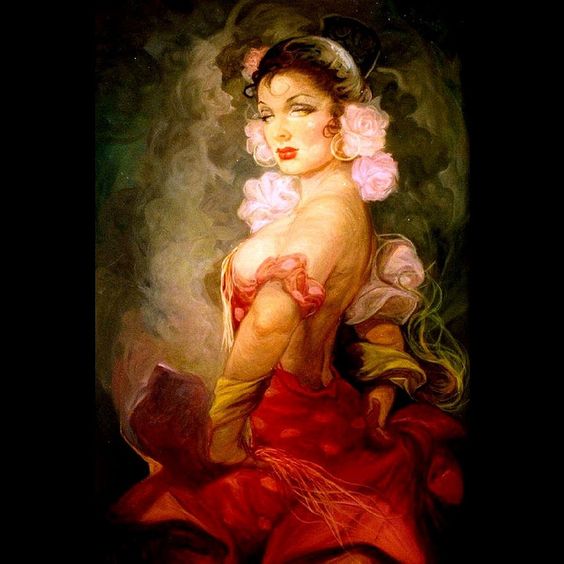

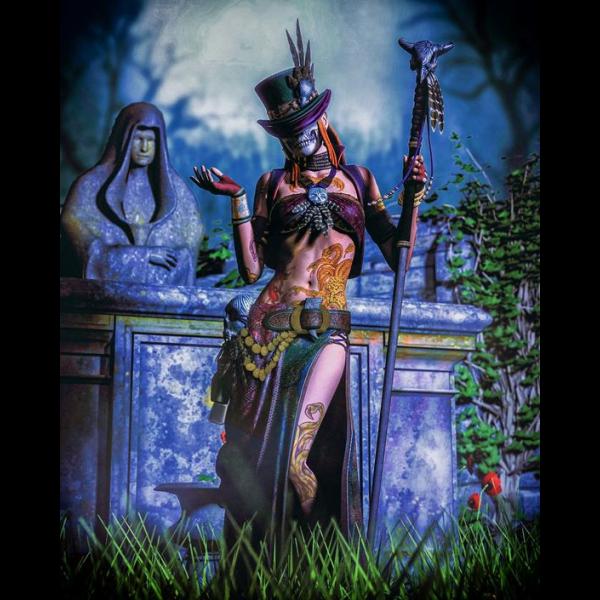
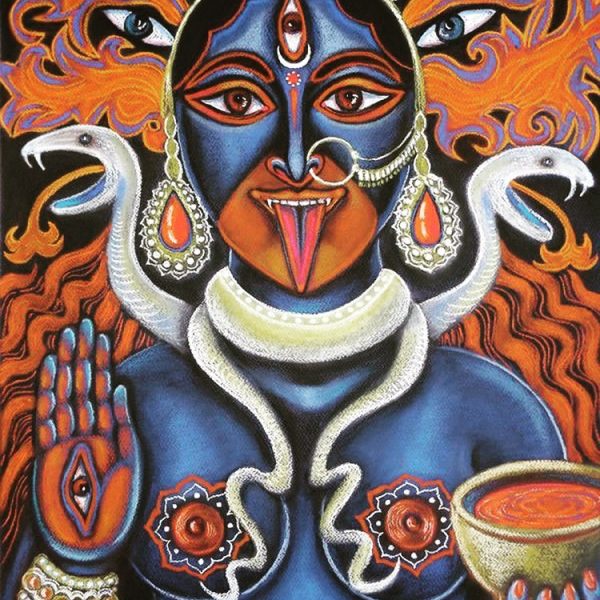




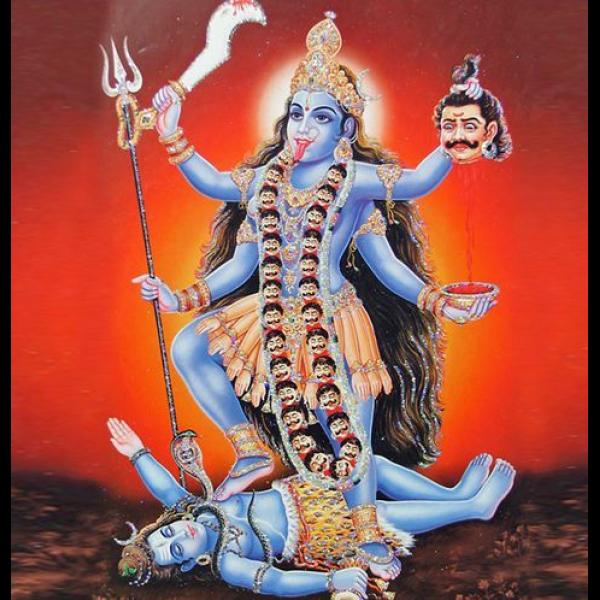
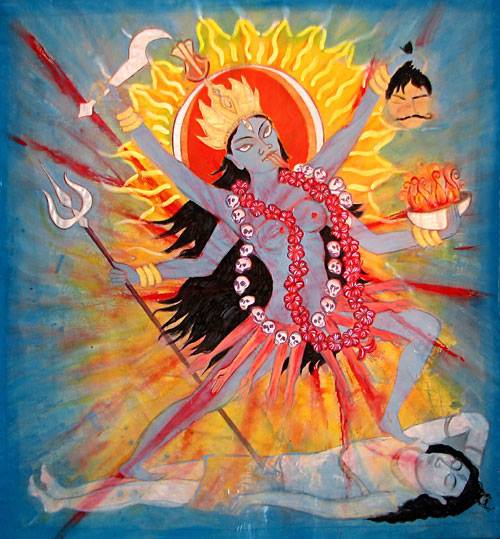
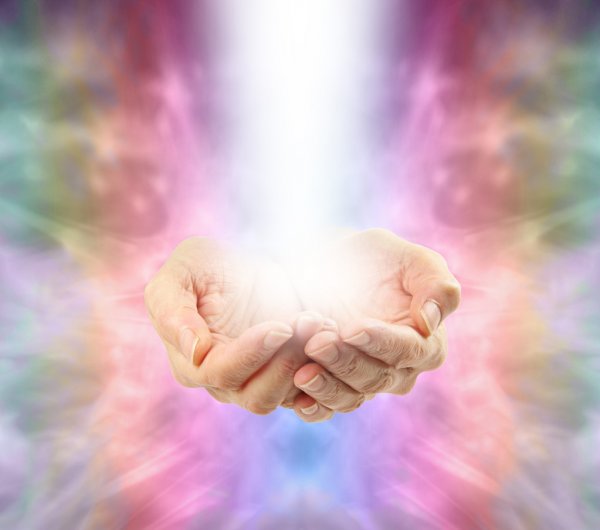





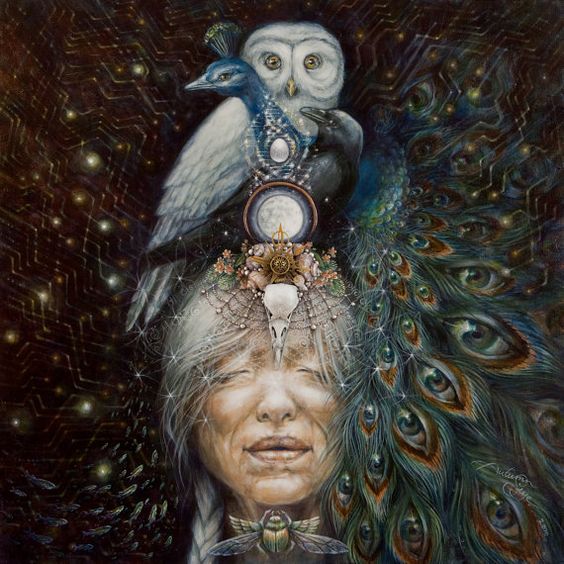


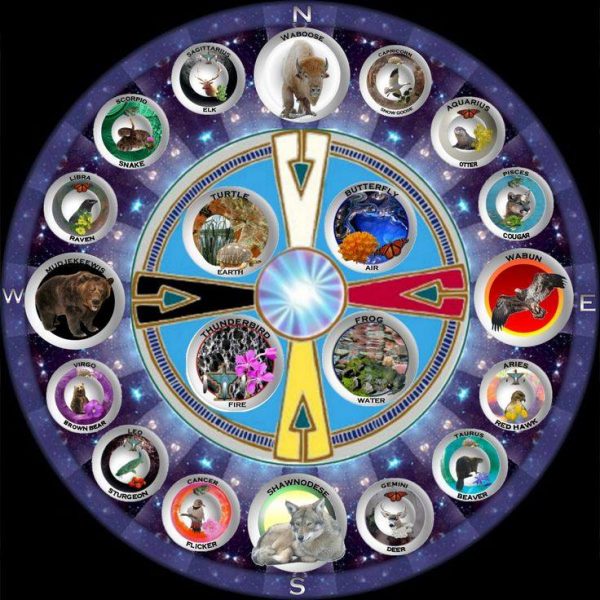
Reviews
There are no reviews yet.